Conferences & Events
Introduction to Micronaut Multi-Tenancy
💵: Free.
📅: Aug 19, 2019.
⌛️: 10:00 a.m. to 11:00 a.m. CDT (3:00 p.m. to 4:00 p.m. UTC).
📍: Online.
👨🏼💻 I will be the instructor.
- 10:00 a.m. to 11:00 a.m. CDT (3:00 p.m. to 4:00 p.m. UTC)
The following topics are covered in this webinar.
- Micronaut built-in tenant resolver
- How to build your own tenant resolvers
- How to configure tenant propagation
- How to test multi-tenancy apps
- How to integrate GORM multi-tenancy capabilities with Micronaut’s multi-tenancy offering
Groovy 3 & Beyond: An Insider’s Guide
💵: Free.
📅: Aug 27, 2019.
⌛️: 3:00 p.m. to 4:00 p.m. CDT (8:00 p.m. to 9:00 p.m. UTC)
📍: Online.
👨🏼💻: Paul King
The following topics are covered in this webinar.
Groovy roadmap for version 3
- An overview of the new parser.
- Lambda syntax and method/constructor references.
- Improved looping and Java compatibility (try with resources).
- New operators (safe indexing, Elvis assignment, negated variants).
- The var reserved type.
- Default methods in interfaces.
- Improved JDK 9+ support.
- Split packaging and illegal access remediation.
- Tooling improvements.
- A peek at what's planned for Groovy 4 and beyond.
Micronaut
Generate Micronaut-based application from a swagger/openapi specification
@franz_see wrote a swagger code generator for Micronaut:
Template to Generate Micronaut-based server side java application from a swagger/openapi specification
Moreover, he created a pull request which, if merged, will make possible to create a Micronaut based java application directly from core swagger libraries.
In the project, where I have been working for the past 6 months, we are using OPEN API specifications a lot. We generate them leveraging Micronaut OPEN API module and a lot of Swagger annotations. We take the OPEN API file and expose it as a contract for other services.
Starting with an OPEN API file and generating a Micronaut app skeleton seems like a powerful combination as well.
Gradle
Gradle 5.6 - Faster Groovy compilation
Really glad to see Gradle improving Groovy support:
Gradle 5.6 includes two new features that accelerate Groovy compilation.
Groovy compilation avoidance
Gradle now supports experimental compilation avoidance for Groovy. This speeds up Groovy compilation by avoiding re-compiling dependent projects if there are no changes that would affect the output of their compilation. See Groovy compilation avoidance for more details.
Incremental Groovy compilation
Even if recompilation is necessary, Gradle now has experimental support for incremental Groovy compilation. If only a small set of Groovy source files are changed, only the affected source files will be recompiled. For example, if you only change a few Groovy test classes, you don't need to recompile all Groovy test source files - only the changed classes (and the classes that are affected by them) will need to be recompiled. See Incremental Groovy compilation in the user manual for more details.
Microservices
The Value of Correlation IDs
@rapid7 article about Correlation IDs:
with your one request being passed about to a multitude of processing consumers, how do we keep track of the transaction? The answer is: use a Correlation ID.
A Correlation ID, also known as a Transit ID, is a unique identifier value that is attached to requests and messages that allow reference to a particular transaction or event chain.
We will release X-Correlation-ID support backed into Micronaut soon.
Java
Improved Java Logging with Mapped Diagnostic Context (MDC)
To support correlation ID we are using MDC. This blog post by @baeldung is a great intro to that feature:
The basic idea of Mapped Diagnostic Context is to provide a way to enrich log messages with pieces of information that could be not available in the scope where the logging actually occurs, but that can be indeed useful to better track the execution of the program.

Who said nothing happens in August? We are hosting two online free webinars. I will talk about Micronaut Multitenancy capabilities and Paul King will talk about Groovy 3.
Personally, I have been implementing Correlation ID propagation within some Micronaut Microservices. Thus you will find a couple of related links below.
Sergio del Amo